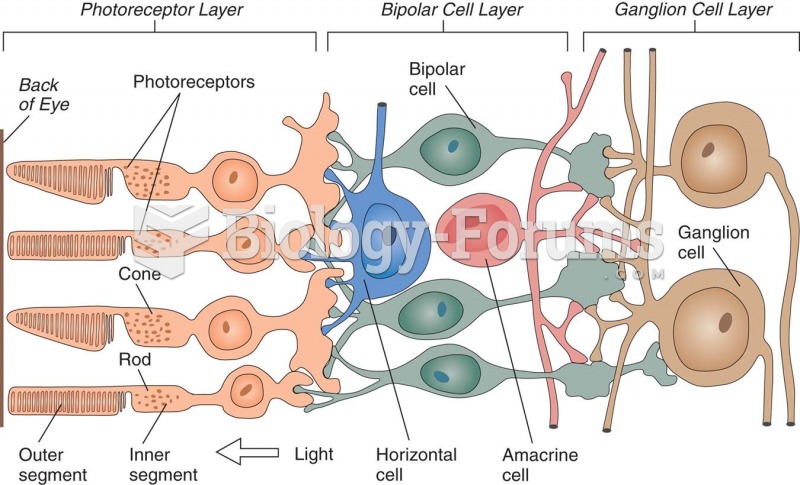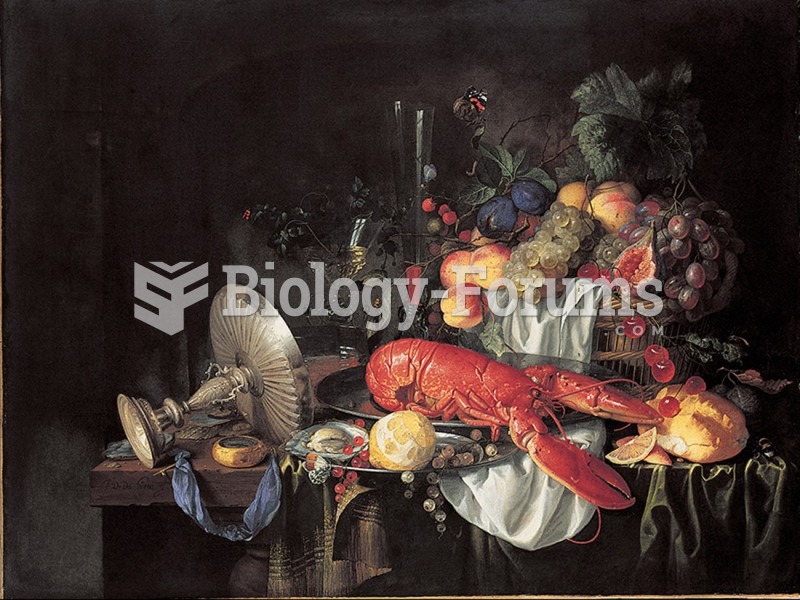Answer to Question 1
- Having suffered for eight years, as she says, with a need to unburden herself, Mrs. Das is drawn to Mr. Kapasi because she is impressed by his skills as an interpreter of maladies; she sees him as sensitive, wise, and, above all, possessed of a healers gifts (he is also no doubt an acceptable confidant because he is a stranger and they will never see one another again). With her revelation, she has punctured his fantasies of a soul mate and has diminished herself in his eyes. Mr. Kapasi felt insulted that Mrs. Das should ask him to interpret her common, trivial little secret (par. 161). Struggling with his disillusionment and his sense of obligation to try to help, he seems not to realize how brusque, unsympathetic, and even offensive his question must sound to Mrs. Das, just as he seems not to realize that pain and guilt are not mutually exclusive feelings. Mr. Kapasi had sought romance and found squalor instead; Mrs. Das had sought understanding and received only judgment. In the end, one may feel sadness for both of them, each trapped in his or her limitations and each unable to give what the other needs.
Answer to Question 2
- Through the first part of the story, Mr.
Kapasis impressions of Mrs. Das are, if not exactly contemptuous, then certainly condescending. He seems to see her as somewhat inappropriately dressed, and he notices that she is indifferent and a bit sullen, more interested in applying her nail polish than in observing the sights or even controlling her daughters behavior. The first real shift in his view of her comes when she describes his job as an interpreter of maladies as so romantic (par. 61); not insignificantly, two paragraphs later he bites into the piece of gum she has offered him and a thick sweet liquid burst onto his tongue: she has already provided him, as it were, with a taste of lifes possibilities. By paragraph 79, he is flattered by her interest in his job and stirred by her use of the word romantic in connection with him; from that point, he builds an increasingly detailed fantasy of two soul mates, each trapped in a sterile marriage, who will ultimately reconnect and bond with one another, a bond that in his mind grows from friendship and shared amusements to incorporate, by paragraph 99, at least the hint of a physical dimension. In his loneliness he has fastened on her as his salvation from a life that he now regards as empty and sterile. After she tells him the story of Bobbys conception, his feelings toward her begin, at paragraph 145, to take a very different and decisive turn.







